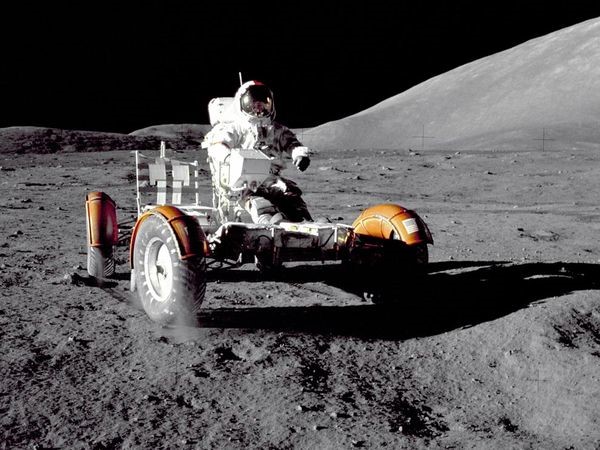
What was once one small step for man is now one giant leap toward a $20 million payout. Google’s Lunar XPRIZE competition aims to inspire a new era of STEM innovation and entrepreneurship through a global-wide space race to the moon. Five privately funded teams — SpaceIL (Israel), Moon Express (USA), Synergy Moon (International), Team Indus (India), and HAKUTO (Japan) — are on track to launch a rover to the moon by the end of this year, opening the doors for the development of low-cost, efficient access to the moon.
As our closest celestial neighbor, the moon is an essential stepping stone to the rest of the universe and offers an abundance of rare metals and other materials beneficial for Earth. In addition to this noble crusade for robotic space exploration, each of the five teams competing has remarkably different motivations for accomplishing the 238,900-mile expedition.
For example, SpaceIL, the first team to receive approval for the launch back in October 2015, hopes to inspire a new generation of STEM enthusiasts. Moon Express, on the other hand, will aim to provide low-cost missions to the moon for scientific and commercial purposes, such as mining for iron ore and precious metals.
Despite these differences, a $20 million award for the first team to finish should serve as enough motivation. In order to claim the grand prize, a team must be the first to successfully place a spacecraft on the moon’s surface, travel 500 meters, and transmit high-definition images and videos back to Earth. Google hopes to use the Lunar XPRIZE teams’ moonshots to “inspire and engage citizens around the world with science, technology, and innovation.”
The teams have until December 31, 2017 to initiate their launches. Google hopes that the technologies developed through the competition will allow private industries and government agencies to work together for the ultimate prize of lower-cost and more accessible space exploration and discovery.
Advertisement
Learn more about Electronic Products Magazine





